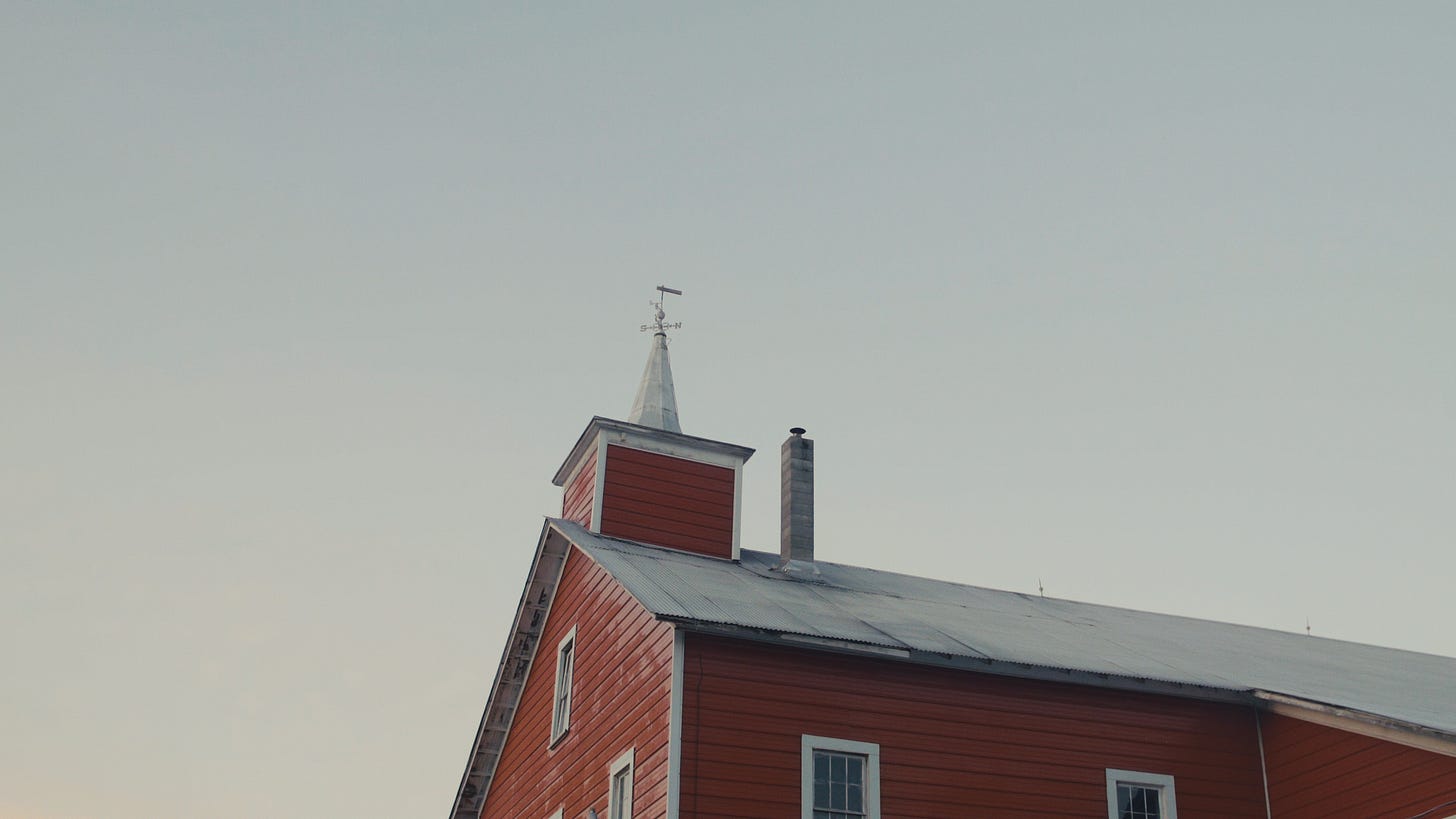A Working Philosophy for Your Documentary
When you're overwhelmed by options, start by writing the list of what your film is not.

We all have working philosophies as storytellers. They guide our choices, our relationships, and how we spend our creative time. But our films also have working philosophies, whether we’re conscious of them or not.
In documentary, especially in the early stages, it can be hard to define what you want. There are honestly too many choices. Too many stories, too much research. And when you start filming, too much footage, with too many ways it could be edited.
Maybe you haven’t shot anything yet for your next project.
Maybe you’re already deep in post.
Maybe you’re just stuck.
In any case, a useful place to begin is with what you don’t want. For me, clarity starts with elimination.
Recently, while trying to get access for my latest film, I’ve received questions from potential participants that I can’t answer.
Questions like: What will the tone be? (I literally have no clue. I don’t know the story yet.) What is the ending or conclusion? (Maybe the most frustrating question of all because I’m making a documentary…I have no script.) How many people will see this? (Especially maddening, given the state of the industry, where docs aren’t being bought.)
I understand these questions. Every company, and honestly every person, has become their own brand. A brand with a reputation to protect and promote. It’s a weird time to make nonfiction. There are so many gatekeepers to stories. Less trust of the camera and more documentation of self from individuals.
Even though I dislike getting these questions, I do appreciate the pressure they put on me to answer what I do know. Sometimes you don’t have to name the exact film you’re making, but it helps to say: “I’m not making that kind of film.”
Saying no makes space for decisions. It creates a clearer picture for you, the director, for your team, and for the participant - the person gauging whether to jump on board.
Your list shouldn’t be about being clever or rebellious. It’s a boundary. Any time you get lost, you can go back to it. Even if you're unsure of the “yes,” a strong “no” gives you something to work against.
Knowing what you don’t want means watching what has been made. When we were making Recovery Boys, sensational reports were coming out every week; stories told quickly, often by parachute journalists. You need to know the field. You can’t operate in a vacuum. Your film doesn’t exist in isolation; it’s in conversation with what’s already out there.
The philosophy for Recovery Boys became clear in post-production. Our editor, Penny Falk, put together early cuts of scenes. Watching those helped me realize what I didn’t want this film to be.
Out of a reaction to a cut of my film that felt unfamiliar, like something I didn’t recognize as mine, I wrote a working film philosophy. A list of what we would do, and what we would not do. It wasn’t a manifesto, and it wasn’t a way to passively state things that should be said out loud. It was a practical tool. For the whole team. For me.
Below is part of that list, along with a few questions to ask yourself if you feel like you’re floating in the fog of documentary indecision.
Recovery Boys Philosophy:




